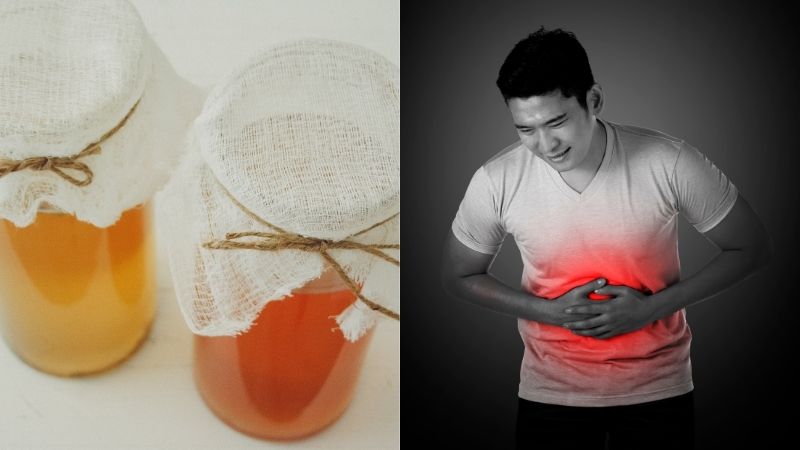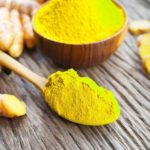Kombucha tea, often referred to as “Immortal Tea,” is a popular fermented tea with origins in the Far East dating back thousands of years. Kombucha is not only a probiotic-rich food source that supports digestion and liver function and reduces bad cholesterol, thereby lowering the risk of cardiovascular disease, but it also plays a role in providing protection against cancer.
However, excessive consumption of Kombucha tea without proper dosage can be detrimental to one’s health. The seemingly harmless drink can have negative effects if consumed in large quantities.
Side Effects of Kombucha Tea
1 Excess Calories

In reality, Kombucha tea varies greatly in its calorie content, with some brands containing very few calories, while others pack up to 120 calories per cup. For those who do not regularly consume this type of tea, the calorie content may not significantly impact their weight. On the other hand, daily Kombucha drinkers risk weight gain due to the constant influx of high-calorie intake. Additionally, individuals who consume large amounts of high-calorie beverages are more prone to obesity compared to those who don’t.
2 Bloating and Digestive Issues

Kombucha tea, when fermented with yeast, produces carbon dioxide, which is released into the digestive system. Overconsumption of Kombucha can lead to increased levels of carbon dioxide in the body, resulting in bloating. Furthermore, Kombucha contains FODMAPs, which are known to cause digestive issues, especially in individuals with irritable bowel syndrome.
3 Increased Blood Sugar Levels

Some commercially available Kombucha teas are sweetened with various forms of sugar, resulting in significantly higher sugar content in the beverage. Regular consumption of these sugary drinks can increase the risk of diabetes, obesity, fatty liver disease, and cardiovascular disease.
4 Excessive Caffeine Intake

Kombucha is typically made from green tea and black tea, both of which contain caffeine. While Kombucha has less caffeine than other teas, excessive consumption can still lead to a significant intake of caffeine. For individuals sensitive to caffeine, Kombucha may cause restlessness, nervousness, and anxiety. Additionally, high caffeine intake can interfere with sleep.
5 Individuals Who Should Avoid Kombucha Tea
While Kombucha tea is generally safe for most people, there are certain individuals who should refrain from consuming it:

Those with kidney disease, diabetes, or HIV with a weakened immune system should limit their intake of Kombucha as it may exacerbate their symptoms. Cancer patients undergoing radiation or chemotherapy can still drink Kombucha but under medical supervision.
Women experiencing menorrhagia (heavy menstrual bleeding) should also exercise caution due to Kombucha’s blood-thinning properties. It is recommended to discontinue use at least one week before the expected period.
Pregnant and breastfeeding women are also advised against consuming Kombucha as it may contain small amounts of alcohol and caffeine.
6 Precautions When Consuming Kombucha Tea

When drinking Kombucha tea, it is essential to select reputable distributors who ensure food safety and quality. Consuming Kombucha from sources that do not meet sterile conditions and proper brewing techniques can lead to digestive issues, infections, and allergic reactions. You can refer to reputable brands such as or visit for more information.
If you are unsure about your health condition and whether Kombucha is suitable for you, consult with your doctor. Maria Zamarripa, a nutritionist from Denver, advises, “Be mindful of the amount of Kombucha you drink, as some people may not be able to tolerate large quantities right away. Start with no more than 120ml per day and gradually increase based on your body’s response.”
While Kombucha tea offers numerous health benefits, it is crucial to consume it in moderation and consider your health conditions before incorporating it into your diet. We hope this article has provided valuable insights into this fermented tea. Stay healthy!






































